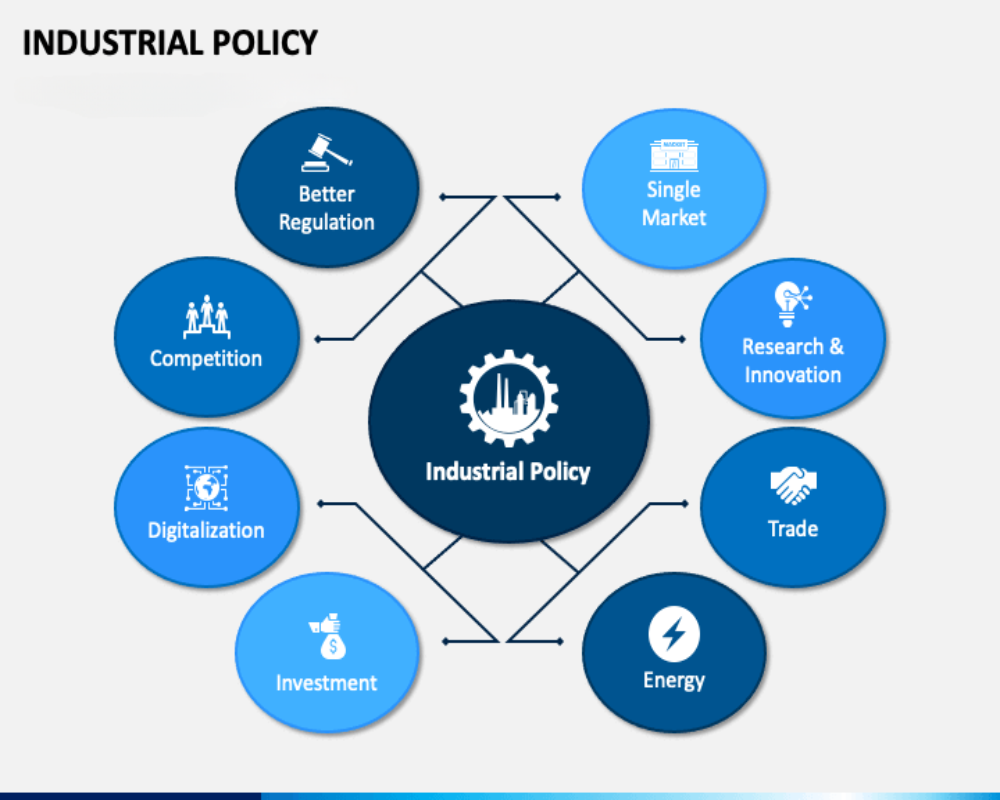Introduction
Automatic approvals under industrial policies refer to a streamlined and expedited mechanism that enables certain industrial projects or activities to commence operations without undergoing the traditional, often time-consuming, approval process from multiple government departments. These provisions are designed to simplify administrative procedures, promote ease of doing business, and encourage rapid industrial growth by reducing bureaucratic delays. Under this system, eligible projects receive deemed or instant approvals based on predefined criteria set by the relevant industrial or economic policy framework.
Automatic approvals typically apply to industries that are considered low-risk, non-polluting, or aligned with national development objectives. They are implemented through policy reforms, special economic zones, industrial corridors, and investor facilitation platforms that aim to create a more business-friendly regulatory environment.
Policy Objectives and Strategic Importance
The introduction of automatic approval mechanisms is rooted in broader economic strategies focused on attracting domestic and foreign investment, increasing manufacturing output, generating employment, and enhancing global competitiveness. In many countries, industrial policy reforms have shifted from rigid, license-based frameworks to liberalized systems that trust businesses to comply with basic norms while allowing them to initiate activities without excessive procedural hindrance.
By enabling automatic approvals for eligible industries or investment categories, governments reduce the administrative burden on investors, cut down approval timelines, and create a climate of confidence and efficiency. These reforms play a particularly important role in attracting investment to sectors like light manufacturing, electronics, textiles, IT services, and renewable energy, which require quick deployment and have minimal environmental or infrastructural impact.
Scope and Applicability
Automatic approvals are often applicable to projects that fall within designated industrial zones, such as special economic zones (SEZs), national investment and manufacturing zones (NIMZs), or integrated industrial parks. In such zones, regulatory clearances such as land use permissions, building plan sanctions, environmental consents for non-hazardous categories, and utility connections may be granted through a self-certification or online declaration model, with minimal departmental intervention.
Certain industries that are classified under green or white categories—those that pose little to no environmental risk—may be permitted to start operations immediately upon submission of basic project information and compliance declarations. Similarly, foreign direct investment (FDI) in specific sectors may be allowed through an automatic route, meaning that investors do not need prior approval from regulatory bodies unless the activity involves national security or strategic resources.
Mechanisms for Implementation
To operationalize automatic approvals, many governments have established single-window digital platforms where businesses can register, submit required information, and receive instant acknowledgments or clearances. These platforms integrate multiple departments—such as industries, urban development, pollution control, and labor welfare—into a centralized system that processes applications based on predefined rules.
Self-certification models allow entrepreneurs to affirm their compliance with applicable laws without waiting for physical verification. Post-approval audits or inspections may be conducted to verify the accuracy of submissions, but the project is not held up during this verification process. This trust-based approach reduces delays while still holding investors accountable for regulatory compliance.
Some industrial policies also provide automatic renewals of existing licenses or permits for compliant units, further minimizing disruptions to operations. Automatic approvals are often supported by policy incentives such as tax breaks, infrastructure subsidies, and workforce development programs, which are made accessible through integrated approval systems.
Checks and Balances in the Automatic Approval System
While automatic approvals simplify procedures, they are not without safeguards. Regulatory agencies retain the authority to inspect, audit, and revoke approvals if any violations or misrepresentations are found. Self-certification and auto-clearance models are typically accompanied by periodic compliance reporting and random checks to ensure accountability.
Eligibility for automatic approvals is also subject to clear guidelines regarding project scale, location, sector, and environmental impact. High-risk industries, hazardous material handlers, and projects located in ecologically sensitive areas are excluded from automatic pathways and must undergo full scrutiny.
Conclusion
Automatic approvals under industrial policies represent a transformative shift toward efficiency, transparency, and investor confidence in the industrial development process. By reducing procedural delays and enabling faster project execution, these mechanisms support the goals of economic modernization, job creation, and global integration. While they streamline regulatory processes for eligible industries, they are balanced with oversight measures to ensure compliance and public safety. As governments continue to refine and expand the scope of automatic approvals, they pave the way for a more responsive and business-friendly industrial ecosystem that can adapt quickly to emerging opportunities and global market dynamics.
Hashtags
#AutomaticApprovals #IndustrialPolicies #PolicyIntroduction #BusinessGrowth #RegulatoryFramework #StreamlinedProcesses #EfficiencyInIndustry #InnovationInBusiness #ManufacturingExcellence #PolicyReform #IndustryStandards #ComplianceMadeEasy #BusinessDevelopment #EconomicGrowth #InvestmentOpportunities #IndustryInsights #PolicyUpdates #AutomationInIndustry #SmartRegulations #FutureOfBusiness


